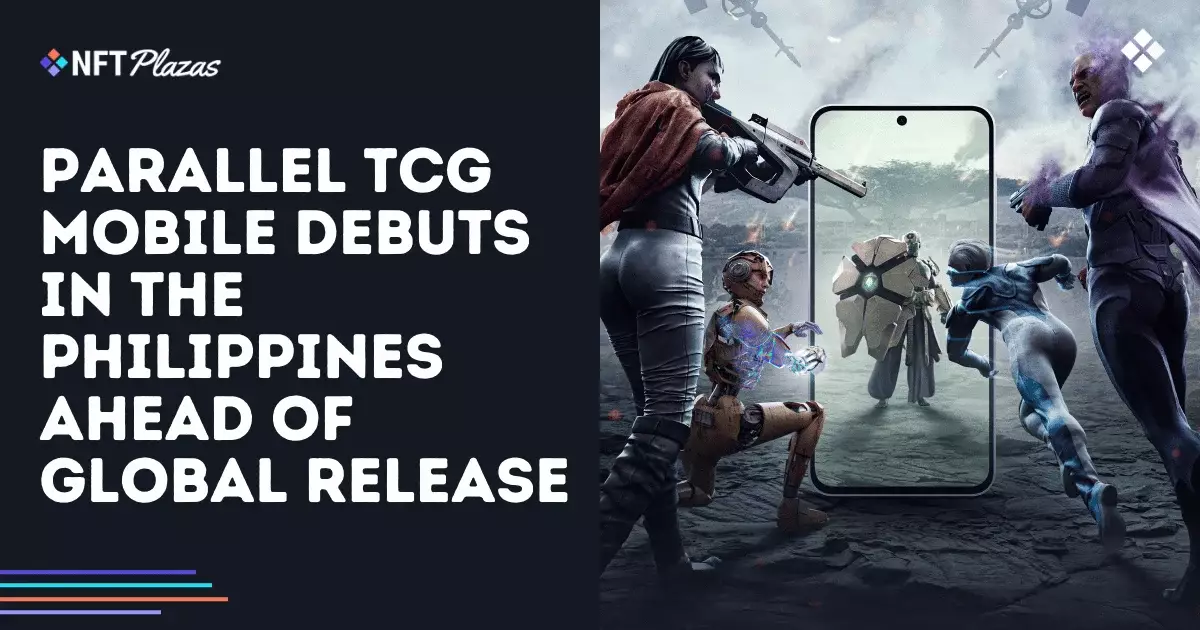The recent debut of Parallel TCG on Android marks a pivotal moment not just for the game itself but for the entire landscape of mobile strategy gaming. For years, traditional gaming has dominated this genre, but the awakening of competitive mobile games like Parallel reflects a changing tide. As players in the Philippines dive into this vibrant virtual world, we see an urgent push towards elevating the tactical experience on mobile platforms—an aspect that can no longer be ignored by developers seeking longevity in a saturated market.
Accessibility Redefined
One of the most evident impacts of the mobile launch is accessibility; this opens doors to new players who may not have been able to engage with tabletop competitors or desktop variants due to economic or geographical constraints. The developers have taken great care to ensure the full gaming experience translates seamlessly from desktop to mobile; this means everything from nuanced deck-building and faction choices to the strategic layering gameplay has been preserved. By prioritizing accessibility, Parallel TCG is addressing a crucial demand that many other games have overlooked.
A Growing Community of Competitors
What’s commendable about this launch is its mindfulness toward community engagement. Developers are not merely trying to monopolize attention but are actively seeking feedback from local players in the Philippines to refine the game. This trend of crowd-sourced input is a refreshing approach that recognizes the dynamic nature of player preferences—players today want to feel involved in the development process. By embracing this model, Parallel TCG is forging a sense of belonging that could potentially translate to higher player retention rates and community investment.
Tactical Depth on a Mobile Platform
Many skeptics argue that the mobile format inherently sacrifices gameplay depth for convenience. However, Parallel TCG counters this skepticism by enhancing the mobile experience with a well-optimized interface that captures the essence of its strategic gameplay. The notion that mobile games can’t offer the same intellectual challenges as their desktop counterparts is dismantled within this well-designed client. Players can immerse themselves in strategic maneuvers, energy management, and critical decision-making, all while enjoying the portability that phones offer. This evolution serves as a stepping stone for mobile gaming, redefining what it means to play competitively on the go.
Future Possibilities: Mobile-Only Events
The developers’ plans for mobile-exclusive events and seasonal ladders indicate that they are fully committed to fostering a distinctive mobile community within the larger Parallel ecosystem. Introducing features tailored for mobile players could usher in a new era where gaming is no longer confined to traditional setups. As society becomes increasingly mobile-centric, these initiatives not only cater to current players but may entice new ones who see competitive gaming as more accessible and appealing. This foresight promises to expand horizons, and as a player in the center-right political spectrum, I appreciate the entrepreneurial spirit that drives innovation in the gaming industry.
Parallel TCG’s mobile launch is more than just an update; it is a declaration that the future of strategy gaming is profoundly intertwined with accessibility, community, and depth.














